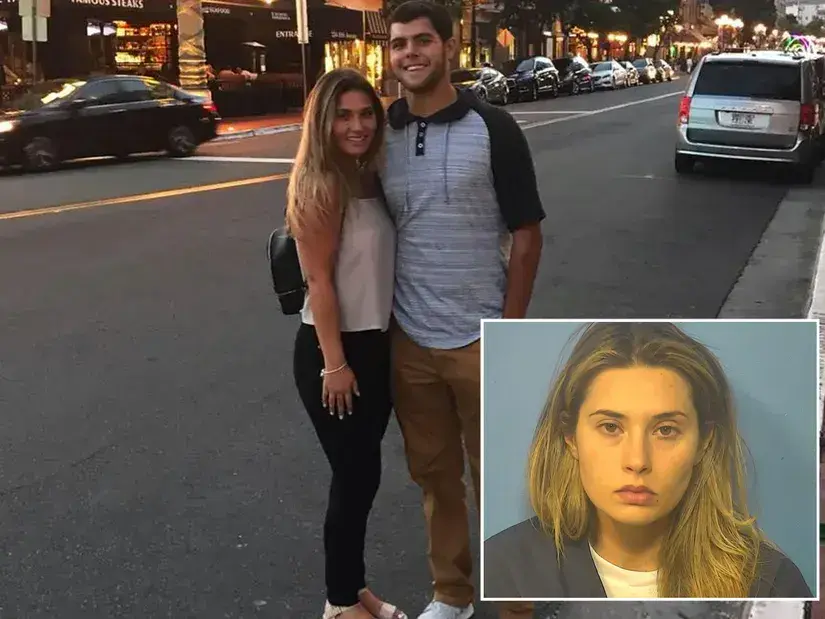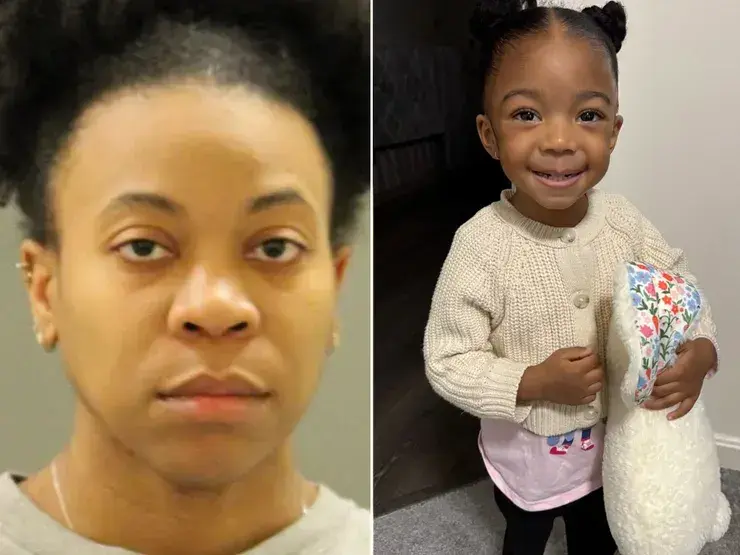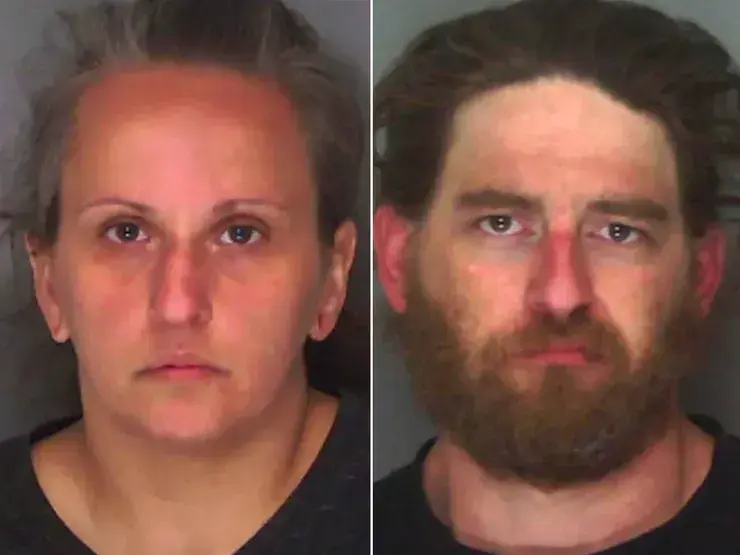BY: LBS STAFF
Published 10 months ago

At the age of 17, Chrystul Kizer shot and killed Randall Volar in 2018, claiming that he had sexually assaulted her on camera and had been trafficking her for sexual exploitation to other men.
A Milwaukee woman who tried arguing the murder of the man she says sex trafficked her was justified has been sentenced to 11 years in prison.
On Monday, 24-year-old Chrystul Kizer was sentenced by Kenosha County Judge David Wilk — who gave her 11 years in prison, followed by 5 years of extended supervision, for the death of Randall Volar, 34.
She was given credit for 570 days of time served.
While Wilk reportedly said the court was “aware of your circumstances surrounding your relationship with Mr. Volar,” he added, “You are not permitted to be the instrument of his reckoning” before his ruling.
“To hold otherwise is to endorse a descent into lawlessness and chaos,” he concluded.
Kizer was initially charged with first-degree homicide, arson, car theft and being a felon in possession of a firearm, before she accepted a deal in which she pleaded guilty to second-degree reckless homicide to avoid trail and possible life sentence.
In 2018, per police, a then-17-year-old Kizer shot Volar twice in the head at his home in Kenosha, before burning down his home and taking off with his BMW. While prosecutors said the murder was pre-meditated, her defense team argued the killing was legal because he was allegedly sex trafficking her.
Kizer said she met Volar on a sex trafficking website when she was 16, before claiming he sexually assaulted her and made money selling her for sex to other men.
Prosecutors denied Kizer was trafficked to other men, though they did reportedly admit Volar paid her for sex while underage. Volar was reportedly arrested on charges of sexual assault four months before his death, but was released by police the same day.
Per court docs, via AP, Kizer went to Volar’s home with a gun in her book bag in June 2018 — after allegedly telling her boyfriend she planned to shoot him because she was tired of him touching her.
Her defense team attempted to get her immunity by citing a 2008 Wisconsin law which absolves victims of human and child sex trafficking of “any offense committed as a direct result” of their abuse.
She reportedly needed to prove her actions were “a direct reaction of the violence she experiences,” while prosecutors argued those protections shouldn’t extend to homicide.
via: TooFab









